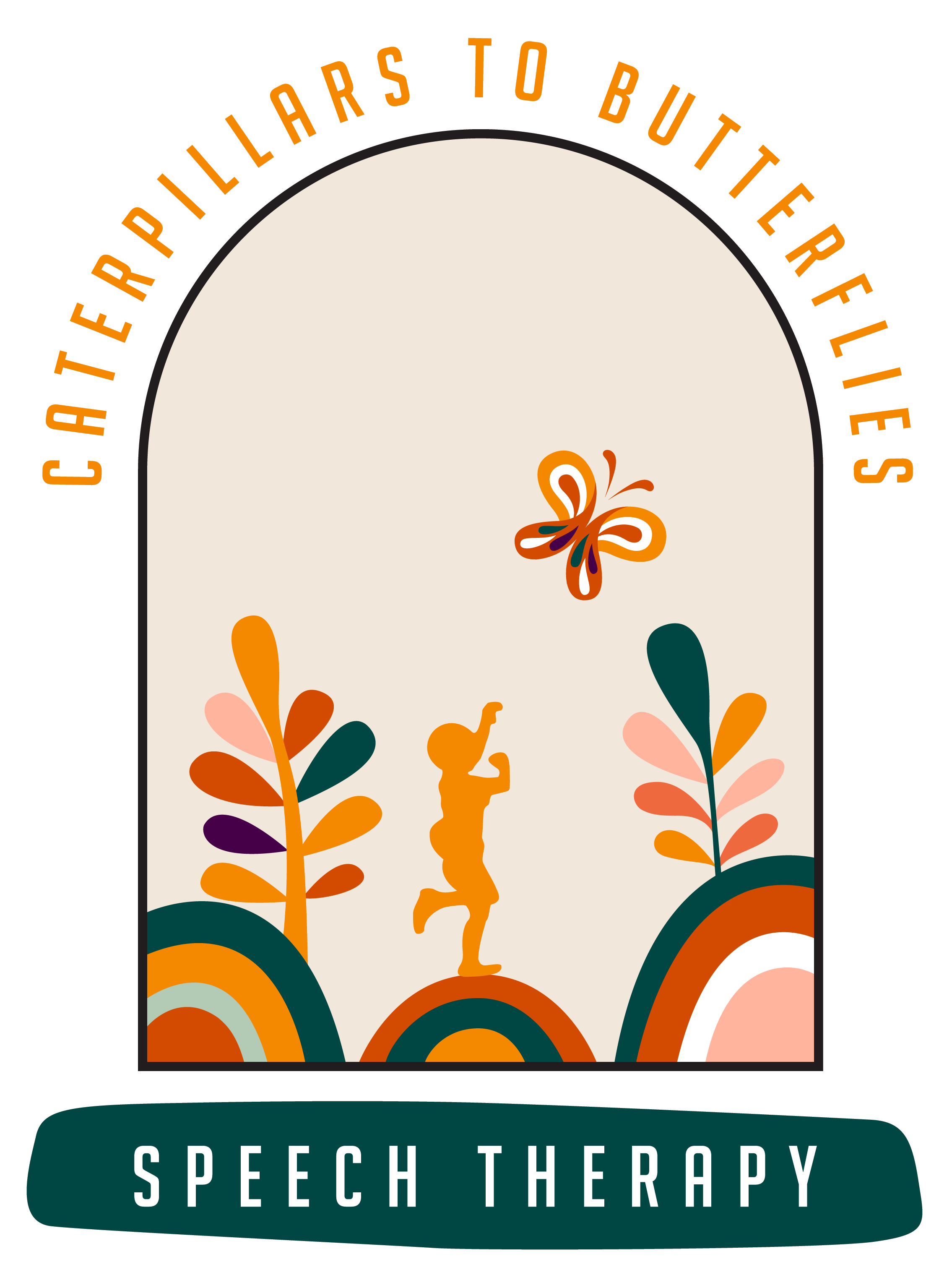What is Speech Pathology
Paediatric speech pathologists provide support to children who are experiencing difficulties or delays in their communication and feeding. These may include difficulties with speaking, listening, reading, writing, social skills, stuttering, feeding and voice. We provide support to children who may or may not have a diagnosis.
At Caterpillars to Butterflies, we believe strongly in providing therapy that is functional and play based to ensure a transference of skills to the child’s everyday life.
Speech:
Language:
Literacy:
Social Skills:
Feeding
Feeding requires an allied health team, including speech pathologists. We often look at the oromotor skills required to eat and provide guidance around ways to support your little one to eat a variety of foods. Our speech pathologist, Ryley is S.O.S trained and uses the S.O.S approach with her knowledge of oral structure and musculature to provide the best advice and support for your child.

